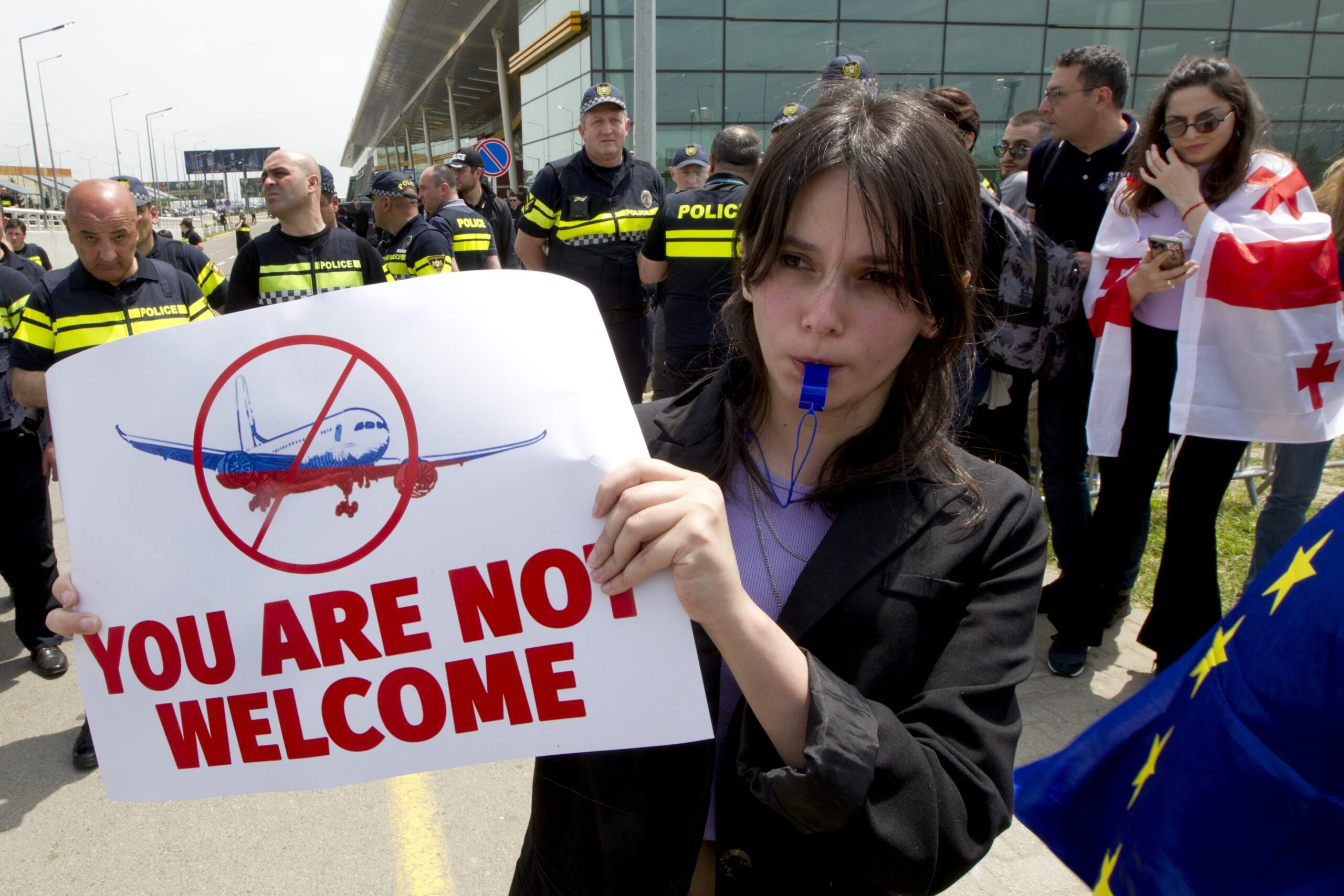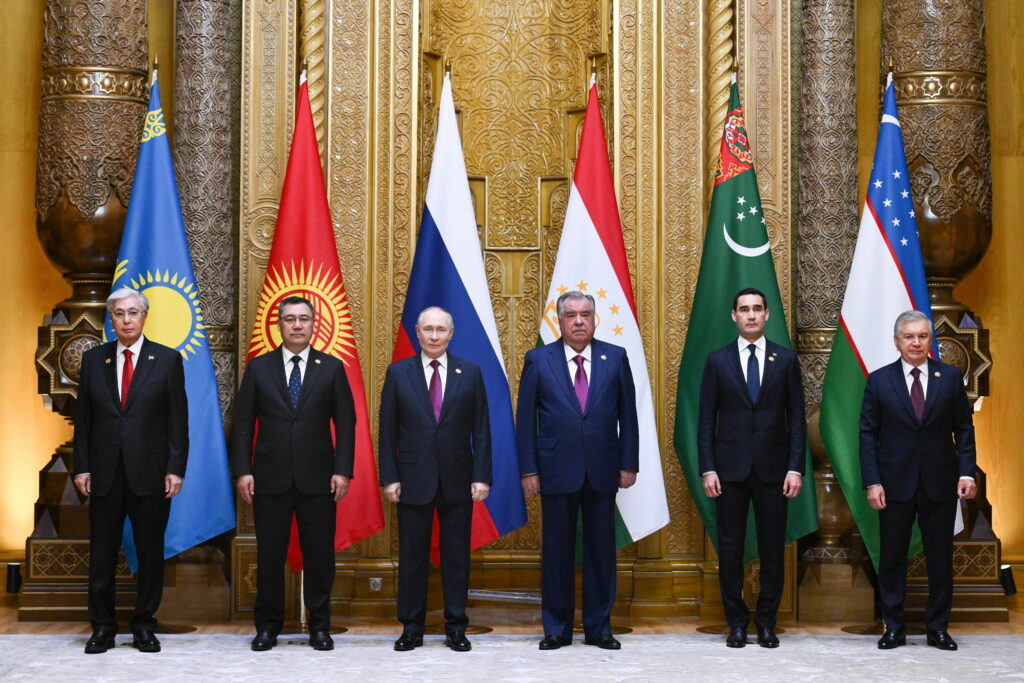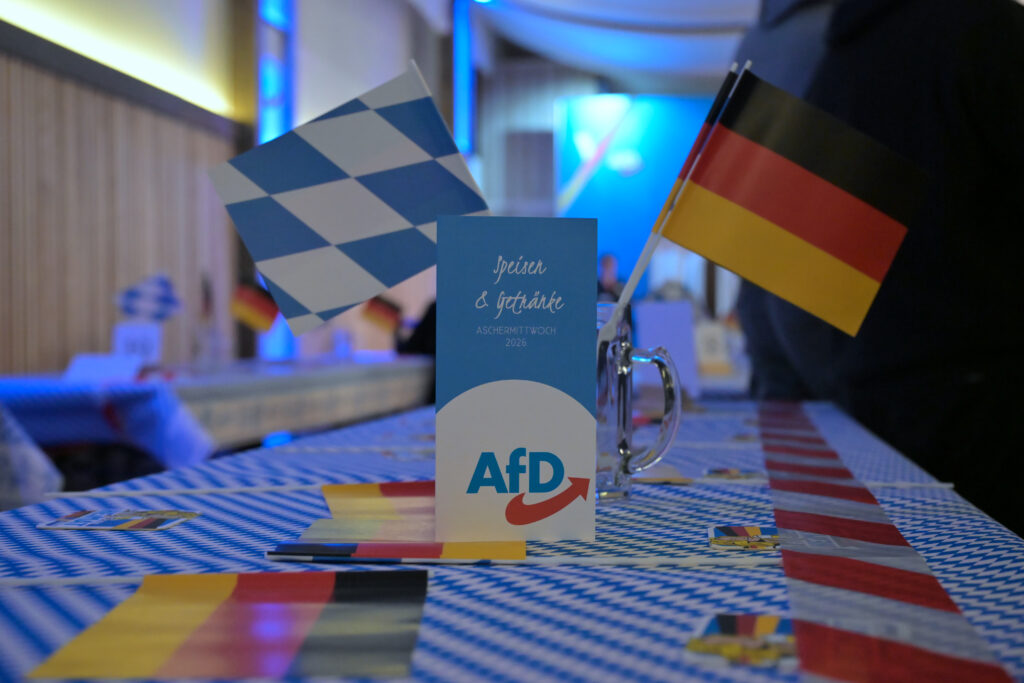Since the onset of Russia’s full-scale Ukraine invasion, social tensions have flared in Georgia. The war’s implications are keenly felt by Georgian citizens as they cope with a massive influx of Russians. The Georgian government, meanwhile, has sought a geopolitical balancing act between east and west; it has so far avoided joining sanctions against Russia, citing security and economic concerns. Due to the ongoing occupation of Georgian territories, many citizens understand those security considerations — yet opening up the country for thousands of Russians, otherwise left with few other travel destinations, has sparked an outcry. A recent NDI-CRRC opinion poll claims 69% of Georgians are concerned that the influx of Russians since the war will have a negative impact on Georgia.
Over the last several years, Georgia has become a haven of sorts for thousands of civil society activists fearing their safety in Russia. Those numbers rose rapidly last February, and spiked even further in September with Putin’s announcement of partial mobilisation. Yet the Russians who arrived in these later waves were not necessarily anti-war activists. Some even tried to cross the Georgian border while keeping pro-war symbols marked on their cars. Such cases prompted some Georgians to suspect that many of these newcomers are not against the war or the regime, especially those who arrived after the announcement of mobilisation.
Even now, some Georgians remain unsure about the intentions of the Russian newcomers. There have been requests from Georgian citizens, alongside President Salome Zourabichvili, to tighten visa regulations for Russian citizens. The idea is to better manage the flow and thoroughly vet all arrivals. Despite this, the Georgian government does not consider changing existing regulations.
Russians are currently allowed to stay in the country for a year; there is an opportunity to extend their right to remain in the country very easily through crossing into a neighbouring country and returning for another year. Such liberal visa regulations are now a divisive and polarising issue especially since Vladimir Putin’s announcement of partial mobilisation that resulted in thousands of Russians storming the Georgian border.
Unpleasant Surprise
Recently, tensions have escalated even further due to Putin’s decision to restore visa-free travel for Georgians and lifting the ban on direct flights between the two countries. Putin’s announcement still came as an unpleasant surprise for many. The Georgian government immediately stressed the economic and humanitarian benefits of restoring direct flights, with an emphasis on easing travelling opportunities to ethnic Georgians living in Russia. Tourism revenue has also been named among the key advantages. According to government estimates, restored flights, will mean Georgia is expected to receive $ 300-$ 400 million of profit this year.
Yet in the past, economic reliance on Russia proved costly for Georgia. Targeting the Georgian tourism industry has always been a weapon of choice for Putin. In 2019, the Russian President decided to impose a flight ban on Georgia, due to anti-Kremlin protests in Tbilisi sparked by Russian Duma member Sergei Gavrilov’s controversial visit to the Georgian parliament. Denouncing the protests as «Russophobic,» the Kremlin hit Georgia with a set of punitive measures. This was not the only instance of Russia’s economic sabotage. Between 2006−2012, Russia has also banned the import of Georgian wine. Clearly, reliance on Russian money enables Putin to exercise more pressure and use any dependency as a tool for inflicting economic damage.
Pragmatism or a Dangerous Gamble?
Despite official explanations highlighting a pragmatic approach, many Georgians perceived the prospect of direct flights as Russia’s reward to Georgia for its ambiguous positioning on Ukraine. Further, some saw an attempt to sabotage Georgia’s chances of receiving an EU candidacy status later in the year. On 19 May, protesters gathered at the Tbilisi international airport to greet the first Azimuth Airlines flight that brought passengers directly from Moscow to Tbilisi for the first time in four years. RT’s editor-in-chief, Margarita Simoonyan, explained Putin’s decision by noting Georgia’s good behaviour in terms of refusing to join Western sanctions.
Georgian Airways also launched regular flights between Tbilisi and Moscow and went as far as to openly announce its plan to transit Russian passengers to various European destinations where Russian carriers are banned from landing. Unlike the government, the President of Georgia, Salome Zourabichvili, opposed the decision to launch the direct flights and has boycotted Georgian Airways. She also warned that this move threatens Georgia’s chances of European integration. This is not the first time her view clashes with the government. However, her role is ceremonial and bears a symbolic weight rather than the ability to dictate foreign policy decisions.
Clearly, direct flights make it easier for Russians to come to Georgia; yet even before their reinstatement, thousands of Russians could still come to Georgia at land borders. What could prove more significant is the political knock on effect, The EU — while wanting to squeeze Russia’s economy through sanctions — acknowledges how Georgia is in a vulnerable position and imposing sanctions may harm Georgia itself more than Russia. So not joining sanctions was forgivable; but by actively welcoming the Kremlin’s decision to restore flights to Georgia while the EU countries have unanimously decided to ban flights from Russia is not placing Georgia in a favourable position. At the same time, the restoration of flights is not an isolated matter; the EU has had various concerns over recent developments in Georgia. Indeed, an attempt to introduce a foreign agents law aimed at framing any international NGOs and media organisations as agents of foreign influence raised wider concerns over the state of Georgian democracy.
EU Candidacy Status at Stake?
Apart from moral concerns over doing business with an aggressor, many Georgians also fear that forging closer ties with Russia will naturally result in an alienation of the country from the EU — all at a time when Georgia has an historic opportunity to receive an EU candidacy status. That is a path supported by a majority of Georgians. Despite its failure to receive the status last June (unlike Ukraine and Moldova), Georgia will be reconsidered later this year. Currently, the government has to fulfil 12 EU recommendations to obtain candidacy status. The conditions include challenging issues like decreasing political polarisation, reforms to strengthen the rule of law, anti-corruption efforts and de-oligarchisation. While the timeframe is tight, the EU is expecting Georgia to at least demonstrate progress. The Government claims it is committed to meeting these requirements; but the restoration of flights, according to them, have nothing to do with Georgia’s European integration prospects. EU officials, however, see a clear connection. The EU spokesperson Peter Stano said this decision «raises concerns about Georgia’s EU path and Georgia’s commitment to align with the EU decisions in foreign policy».
The Georgian side quickly reassured citizens and partners that the Georgian Civil Aviation Agency would only allow carriers not currently under sanctions, yet this has not eased tensions. On 29 May, the European Union Ambassador to Georgia, Paweł Herczyński alongside Ambassadors of EU member states, jointly delivered a diplomatic statement on the resumption of direct flights with Russia to the Georgian Minister of Economy, Levan Davitashvili.
In response, government has decried diplomatic double standards, highlighting how Turkey, Azerbaijan, Armenia and Israel still allow Russian planes to land on their territory without receiving fierce criticism from western allies. However, unlike these countries, Georgia is currently awaiting EU candidacy status. Thus, it is no surprise expectiñns for Tbilisi’s compliance are high.
The Myth of Normalisation
Meanwhile pro-Russian enablers within Georgia are using the situation to claim forging closer ties with Moscow is the only way ahead for territorial integrity. The restoration of flights has been showcased as a first positive step for this process. The Russian MP Sergei Gavrilov has already indicated that the restoration of flights may only be a prelude to the restoration of diplomatic ties and he has stressed the shared spiritual and moral values between the two nations.
These developments have clearly caused unease inside and outside the country. European leaders might have even welcomed the restoration of flights between the two countries as a sign of normalisation. Yet, with its ongoing military aggression, Russia destroyed the myth of normalisation. Many leaders have fallen into this trap; normalisation in Putin’s terms simply means obedience. Eventually, restoration of flights may not become the decisive factor in granting Georgia a candidacy status, but the latest developments like the foreign agents law — which was reminiscent of Russian law,ñ — have already clashed with European values.
With 81% of Georgians supporting the European integration of their country, the way ahead is straightforward. Whilst Western allies are standing united against Russia, Georgia cannot afford to become a lone-wolf. Any tightening of relations with Russia right now bears high risks and may eventually deprive Georgia of its chance to receive a candidacy status and advance on the European integration path. For Georgia, no economic benefit can counterweight the political implications of such a dangerous gamble.










